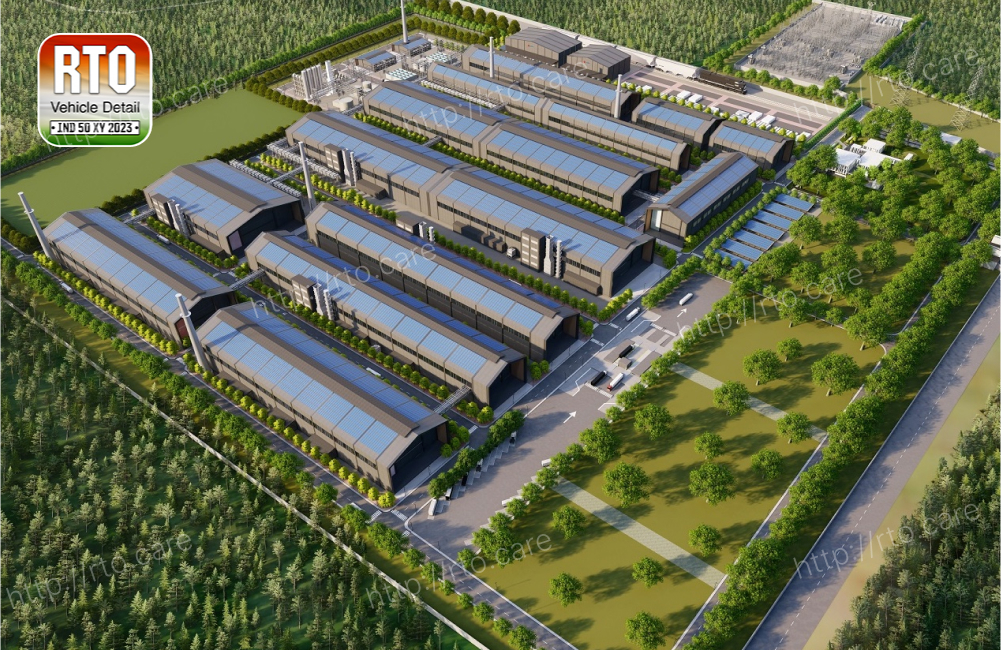India's Epsilon Advanced Materials (EAM) has revealed its plans to set up a $650 million battery materials and components plant in North Carolina by 2026. The company revealed Thursday that the facility has the capacity to service approximately 1.1 million electric vehicles in the United States.
Mumbai-based EAM, a subsidiary of Epsilon Carbon, will focus on producing anodes, the negative electrodes used in batteries, using both natural and synthetic graphite. Additionally, EAM intends to manufacture synthetic graphite at the same plant and is currently engaged in discussions with suppliers for sourcing raw materials, including natural graphite.
The manufacturing plant will be located in Brunswick County, southwest of Wilmington, and is part of an emerging EV battery hub in the state.
The External Affairs Minister has revealed that it is in advanced talks with various battery manufacturers to supply its products, although specific companies were not mentioned.
The company's decision to establish a domestic source for anodes and synthetic graphite is aimed at reducing reliance on imported Chinese materials and components, especially in light of recent export restrictions imposed by China on graphite, a resource it considers critical Controls effectively.
EAM's production of battery components and materials in the United States is expected to qualify for incentives under the Inflation Reduction Act and other US laws toward creating a domestic supply chain for electric vehicles and batteries.
EAM's Chief Executive Sunit Kapoor stressed the importance of developing synthetic graphite locally, saying, We believe that limiting the amount of graphite exported from China – and potentially the price of graphite produced from it Growth – increases the challenges (and) exemplifies the need for the US to develop synthetic graphite locally.
EAM envisions that the North Carolina plant will reach full capacity by 2031, with a targeted annual production capacity of 50,000 standard tons of anode material.
China currently dominates synthetic graphite production, with Chinese production of this material projected to grow from about 1.6 million metric tons this year to 2 million by 2030, according to research firm FastMarket










